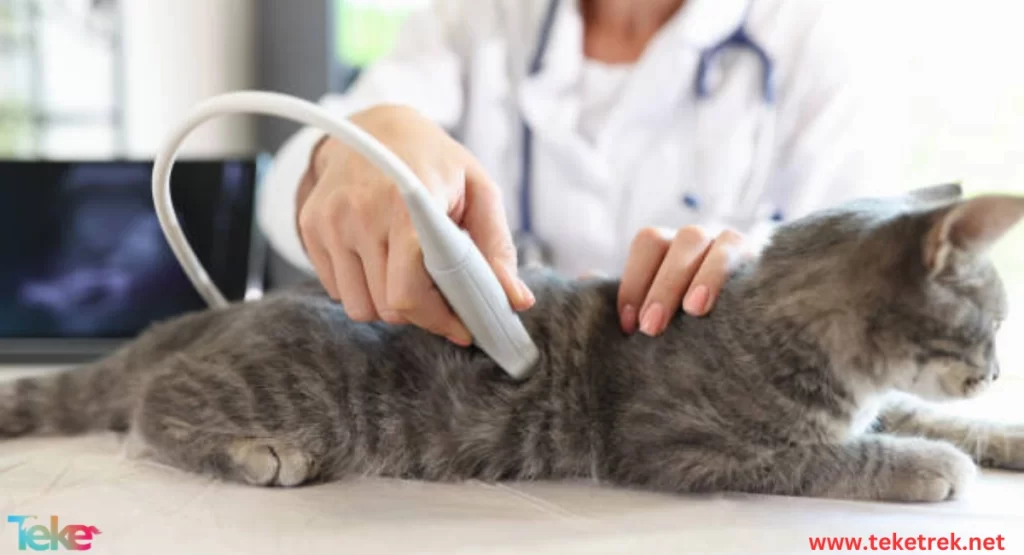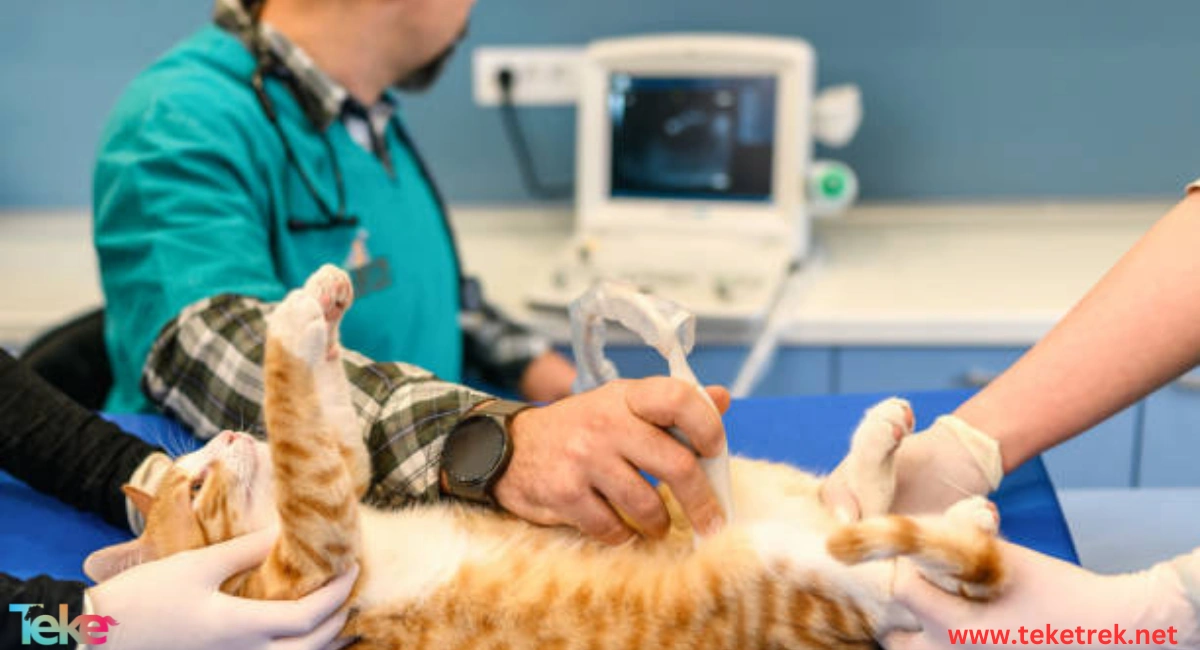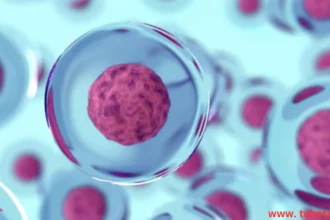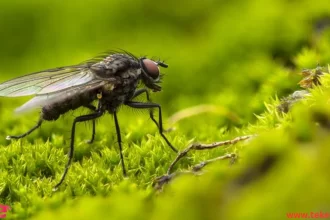Gastrointestinal diseases in cats are considered one of the issues that most concern cat breeders due to their general importance in the health of these small animals. They may vomit or suffer from diarrhea, the degree of which varies depending on the infection they have contracted. The condition may be simple, or matters may become more complicated and require the intervention of a veterinarian.
When a cat’s stomach is upset, it vomits, and this is normal, as it is very sensitive to anything that enters it. This vomiting has many indications, and determining the correct cause is up to the veterinarian, who examines and evaluates the condition, and then the treatment journey begins.
If you are a cat owner and need to know about their digestive system problems and the most important treatments used, whether at the vet or simple treatments at home, stay with us In this article from teketrek and learn everything that concerns you about the health of these pets.
Why do cats vomit? Causes and how to solve them

One of the most important signs of digestive issues in cats is Vomiting.
Cat vomiting is one of the causes that many people around the world are looking for a solution to, as a result of their cats being afflicted with this condition, so you see them asking and searching for the reasons behind this disease, or they can visit the veterinarian, who in turn studies and analyzes the condition presented to him.
We first start by looking at the vomiting. If it is a single episode and does not contain foreign materials or blood, it is not a serious condition. However, if the vomiting occurs several times and is somewhat severe, then you must know and apply the following steps as a guide:
Examine the cat and look for pale gums, lethargy, diarrhea, or other symptoms of concern.
Trying to find the cause of vomiting, whether it is food or anything else.
Keep her away from food for 12 hours, while providing plenty of water.
When the cat stops vomiting, offer him a teaspoon of the usual food.
If she does not vomit, try feeding her a small amount of food every few hours for 24 hours, then return to usual if other symptoms disappear.
If the vomiting contains unknown substances or blood, you must immediately contact the veterinarian and review him immediately so that he can take the appropriate measures.
The following are the most common causes of vomiting in cats, which are as follows:
Hairballs.
Fast eating.
Changes in her diet or introducing food to her that is not listed.
Eating food that is not suitable for her, such as spoiled food or other things.
High sensitivity to certain components of food.
Gastrointestinal infections such as viruses and bacteria.
Intestinal inflammation.
Tumors in the stomach or intestines.
Kidney, liver, pancreas and thyroid diseases.
Read also: Skin Infections and Skin Diseases in Cats: Causes, Symptoms, and Treatments
Treating diarrhea in cats at home: Effective tips for caring for your cat
Diarrhea is one of the diseases that affect cats, and one should be very careful about it because it greatly affects the cat’s health and can lead to its death if appropriate measures are not taken. Diarrhea can be acute diarrhea that lasts from 24-48 hours, and it may be chronic. It occurs continuously over two to three weeks.
What causes digestive problems in cats: acute diarrhea?
The occurrence of a bacterial, fungal or parasitic infection.
Inflammation due to allergies to some foods.
Gastrointestinal or endocrine diseases.
Poisoning.
Cancer.
The causes of chronic diarrhea are as follows:
Recurrent infections that cannot be treated.
Poor metabolism.
Endocrine diseases.
Hereditary diseases.
Cancer.
Diarrhea in cats is treated with some medications and drugs that the veterinarian prescribes, such as Flagyl for cats, Intinal for cats, and Amrizol for cats, which is done in quantities determined by the doctor.
It can also be treated at home using the following methods:
Treatment with starch, where a cup of rice is added to 4 cups of water and boiled for 10-30 minutes until the mixture turns white, then filter the mixture, cool it, and present it to the cat.
Yogurt treatment, which is done by mixing two tablespoons of yogurt into the cat’s usual food and feeding it to it.
Herbal treatment, as there are some medicinal herbs such as ginger that help stop cat diarrhea, but you must be careful with the amounts and amounts, so you must consult a doctor for that.
Read also: Heart disease in cats: Understanding common heart diseases in cats
When should you visit the vet for diarrhea? Warning signs that require veterinary intervention:

When a cat notices that she has suffered from a single bout of diarrhea, this is a normal occurrence that usually occurs and cannot pose any threat to her life. However, when this condition is repeated two or more times and within a short period of time, it is necessary to take notice and contact the veterinarian immediately.
Also, when cats suffer from small amounts of diarrhea, this is evidence that they have swallowed a foreign body, and this is a serious matter that poses a threat to their health, so they must be consulted with a veterinarian immediately.
Cats suffering from frequent and frequent bouts of diarrhea are also considered evidence of a severe infection affecting this animal. Therefore, a veterinarian must be consulted immediately to take the necessary measures.
Also, if diarrhea is accompanied by some symptoms such as vomiting, blood in the stool, drooling, lack of desire, lethargy, and signs of dehydration, then a doctor must be consulted immediately because these symptoms may pose a real danger to the cat’s life.
In conclusion, the symptoms of gastrointestinal diseases in cats are the guide that the veterinarian takes to begin the treatment journey. Asking the doctor about the food and habits that the cat did during the last 48 hours of contracting the disease is the main key to treatment, so every person who raises If a cat is in his home, he should monitor it alone and call the veterinarian if he notices any infection





